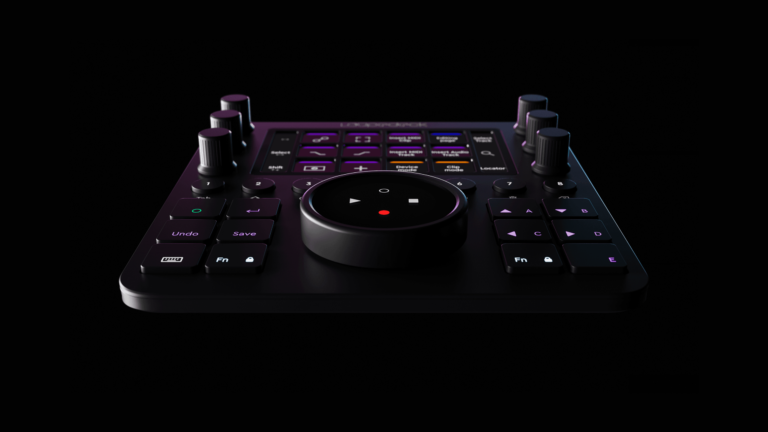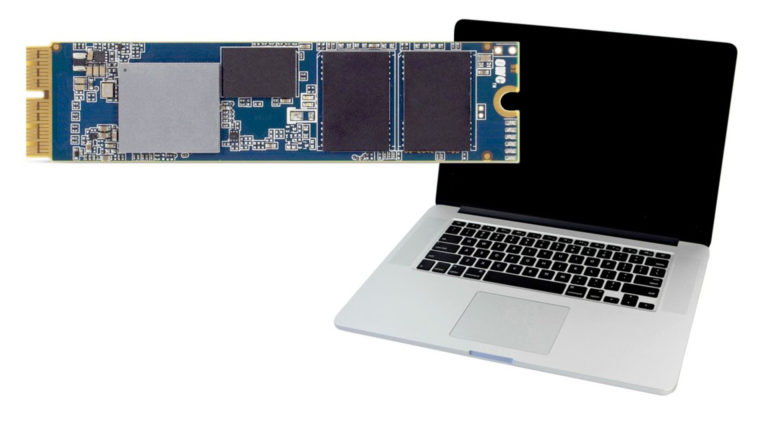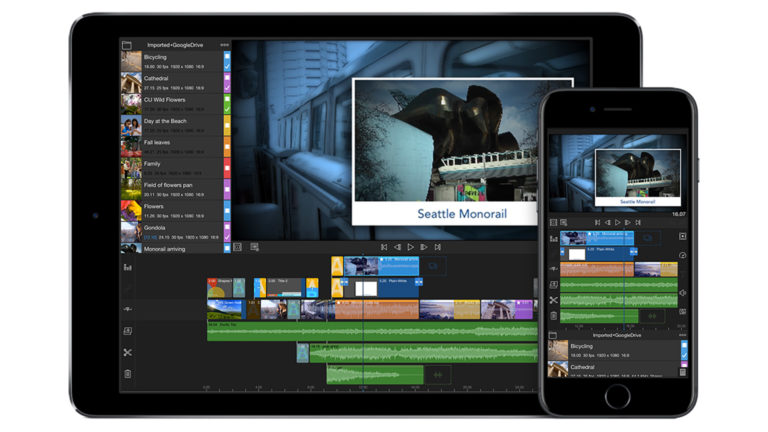The venerable plug-in suite gets a power boost-and many more features-in this 64-bit version
When I used Delirium back then, to be honest, I was not impressed with the slow render times or with the quality of Natural Forces, including Fire and Rainfall. For one reason or another, I stopped using the plug-ins much-until this week. Wow, has Delirium changed for the better! I was pleasantly surprised, not only at how much more realistic the effects are but at the suite’s blazing speed in CS5 on my 64-bit Boxx workstation. This is not the Delirium I knew 10 years ago; it’s a completely new animal.

Plenty of Effects
Delirium v2 offers 45 different effects spread across six categories. Natural Forces, Special Effects, Elements, Color & Style Filters, Patterns & Distortions, Lighting & Glow Effects and Compositing Tools.
I found the impressive Snowstorm effect to be very flexible, especially when using the Pile Up Mode to cause the snow to pile up on top of certain layers. You can get an extremely high-end look and degree of realism if you use some of the many presets included. The same goes for Rainfall.
Since the Fire effect uses a particle-based algorithm, it looks very good, with a much more organic and realistic appearance than other simulations. In the past, creating effects like snow and fire that look and move realistically would take hours or days to perfect in a 3D package like Maya and a composting program. Now it’s simple and immediate.
I used the Haze effect on the intro of my new demo reel to give it a moving cloud look that greatly improved on the solid black background I started with. I didn’t want something over-the-top, either, but thanks to the many parameters, I could tweak it until I got the desired subtle effect.
The NightBloom, Glower and Glow plug-ins are used for generating beautiful blooms and glowing regions and simulating a depth-of-field effect I found useful for many applications. In fact, I wish I had some of these effects a week earlier to use in the new RED ONE demo I just completed. Many of the presets are animated, making it simple to click on one and end up with something that would normally take several plug-ins and key-framing to create.
The Light Wrap plug-in helps to integrate composite elements by glowing background light around foreground objects. In the real world, concentrated light tends to scatter, creating a blooming effect that is particularly noticeable at the edges of objects. Light Wrap simulates this effect digitally, providing advanced features for precisely controlling how and where the light is applied. I haven’t found a similar plug-in that performs this simulation.

The Fireworks effect is also of very high quality. I became particularly addicted to using effects like Smoke, Sparks and Fairy Dust, which I never considered using in the past, as I experimented with unique combinations of effects.
You’ll also have fun experimenting with effects like Visual Harmonizer, Hyper Harmonizer, Schematic Grids, Stargate and Nexus that let you create your own limitless abstract motion backgrounds.
Compositing Upgrades
I was very impressed by the suite’s Compositing Tools, which I found very useful inside of Premiere. The editor’s stock tools are limiting, but Delirium’s tools let me speed up my workflows by letting me remain in the app without jumping back and forth between AE and Premiere as I normally do.
This is a very stable product, and I found Delirium to perform solidly with the same speed in both After Effects and Premiere. The installation took only a few seconds and I didn’t experience a single crash.
I could go on and on. I’ve discussed only a small sample of the many great new effects available in Delirium v2. The Delirium User Manual is well written and easy to understand and there are many video tutorials out there to bring you up to speed. I am now sipping the Digieffects Kool-Aid again and I will be trying out Damage 2.0 and Aged Film; they look just as impressive.
New Delirium presets, projects, tutorials and a trial version are available on Digieffects’ website, www.digieffects.com
Nino Del Padre launched Del Padre Digital in 1991. Today he oversees a business that now encompasses digital cinematography services, animation and interactive design solutions to ad agencies, corporate clients, broadcast networks and the entertainment industry, as well as partnerships with institutions as diverse as LEGO, Hasbro and NASA. http://www.delpadre.com/











Leave a Reply